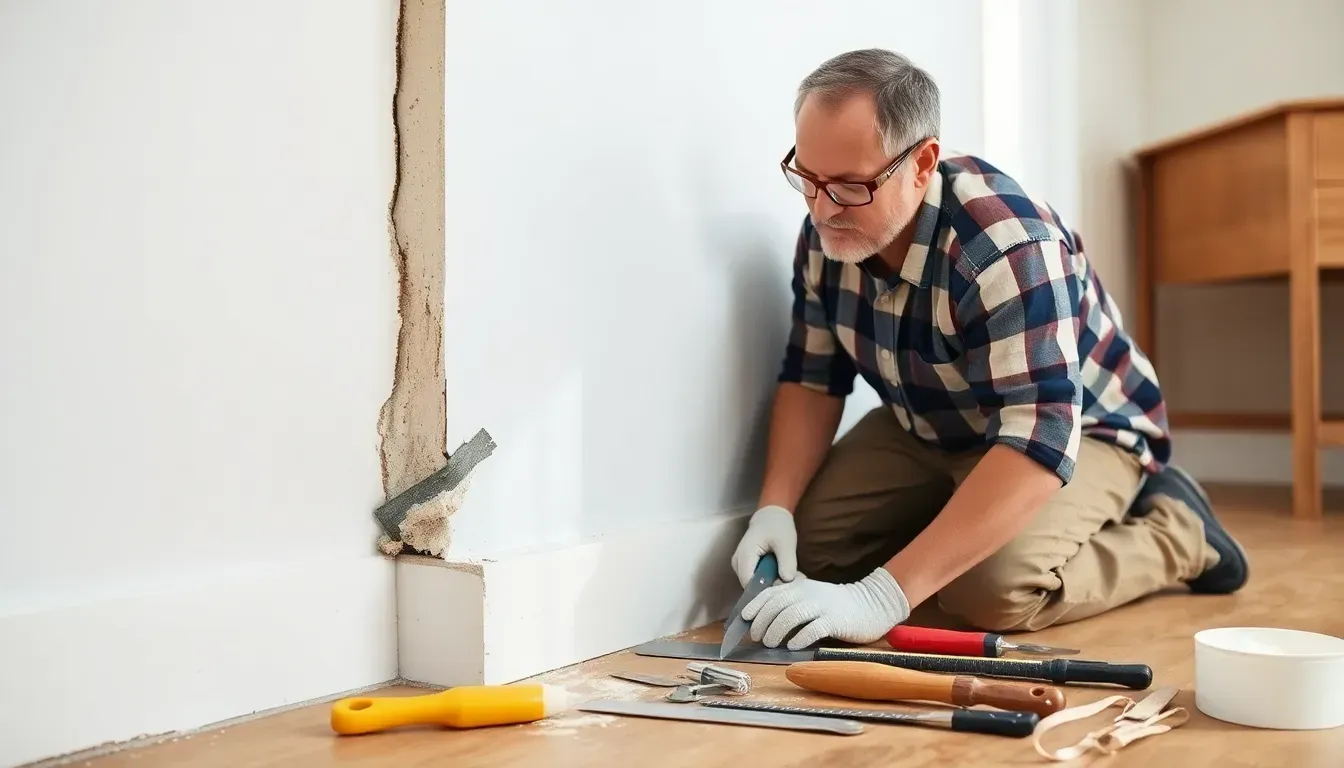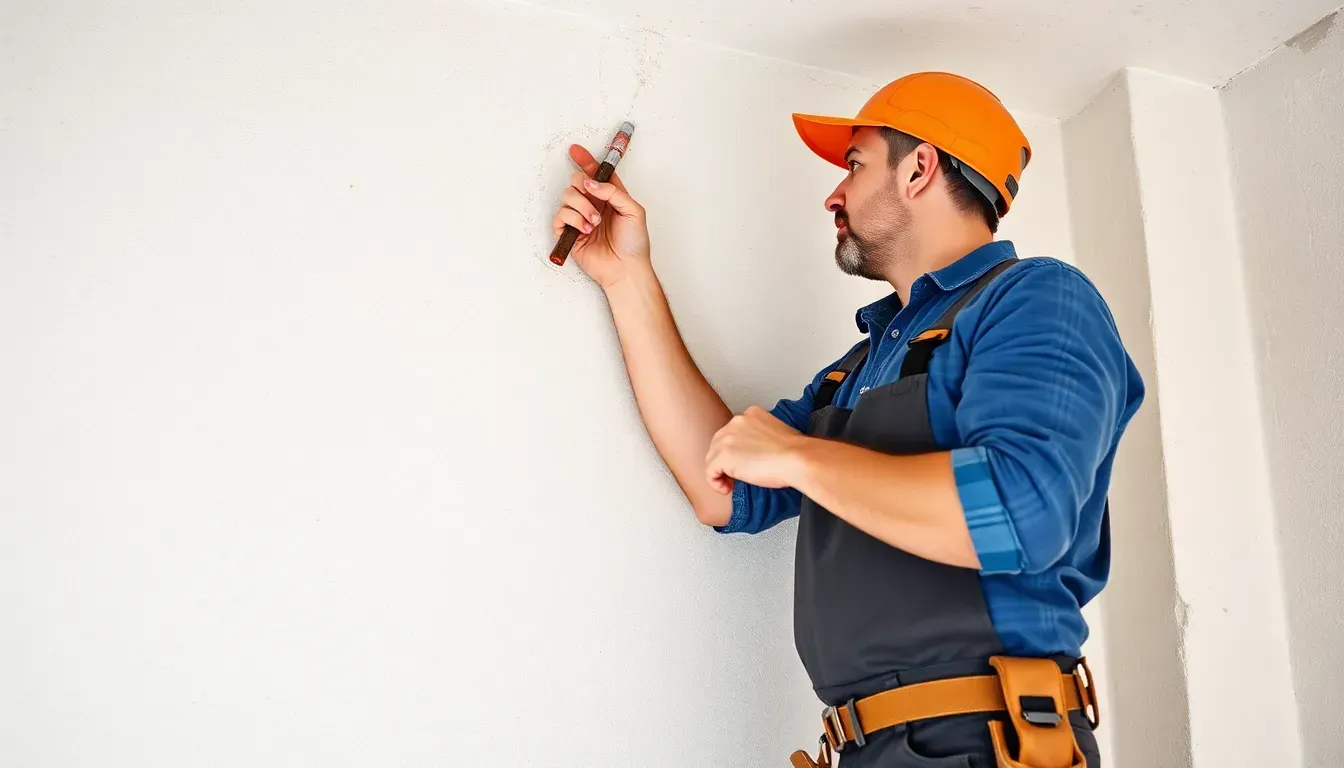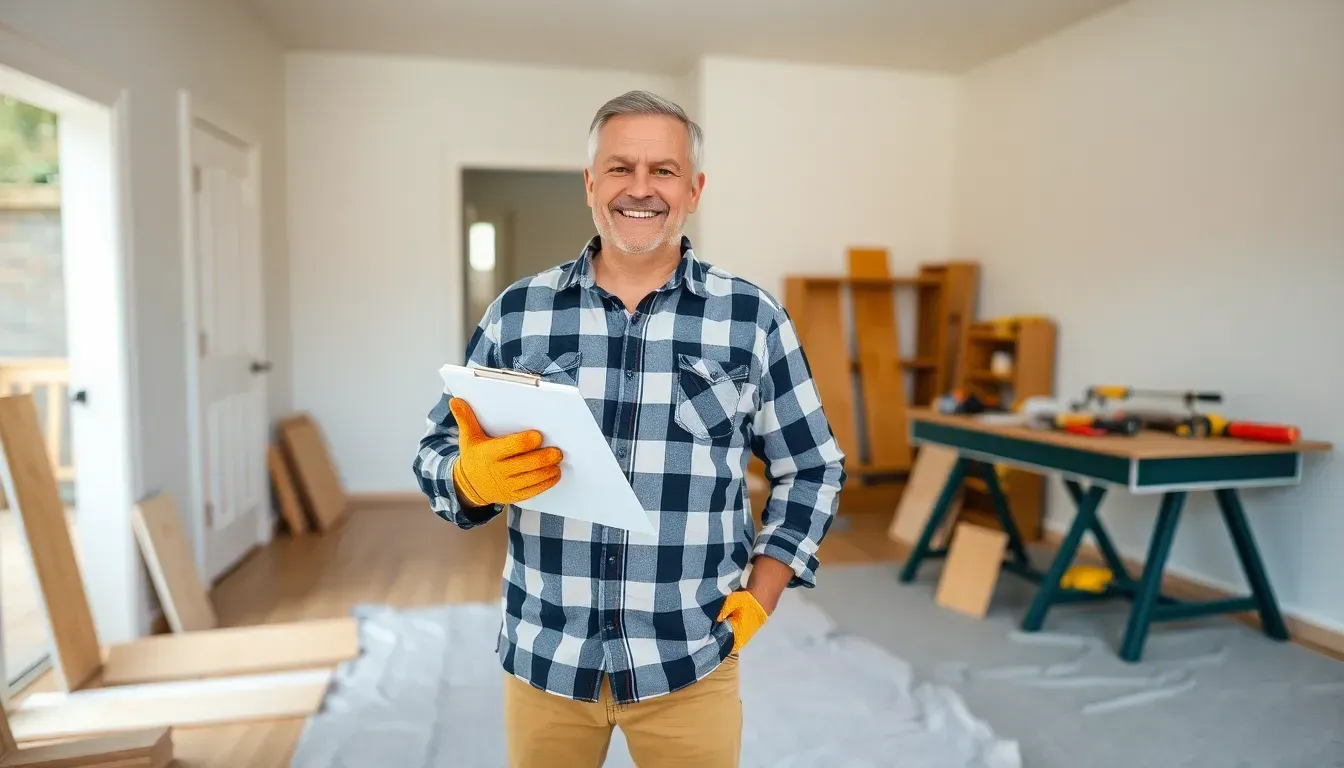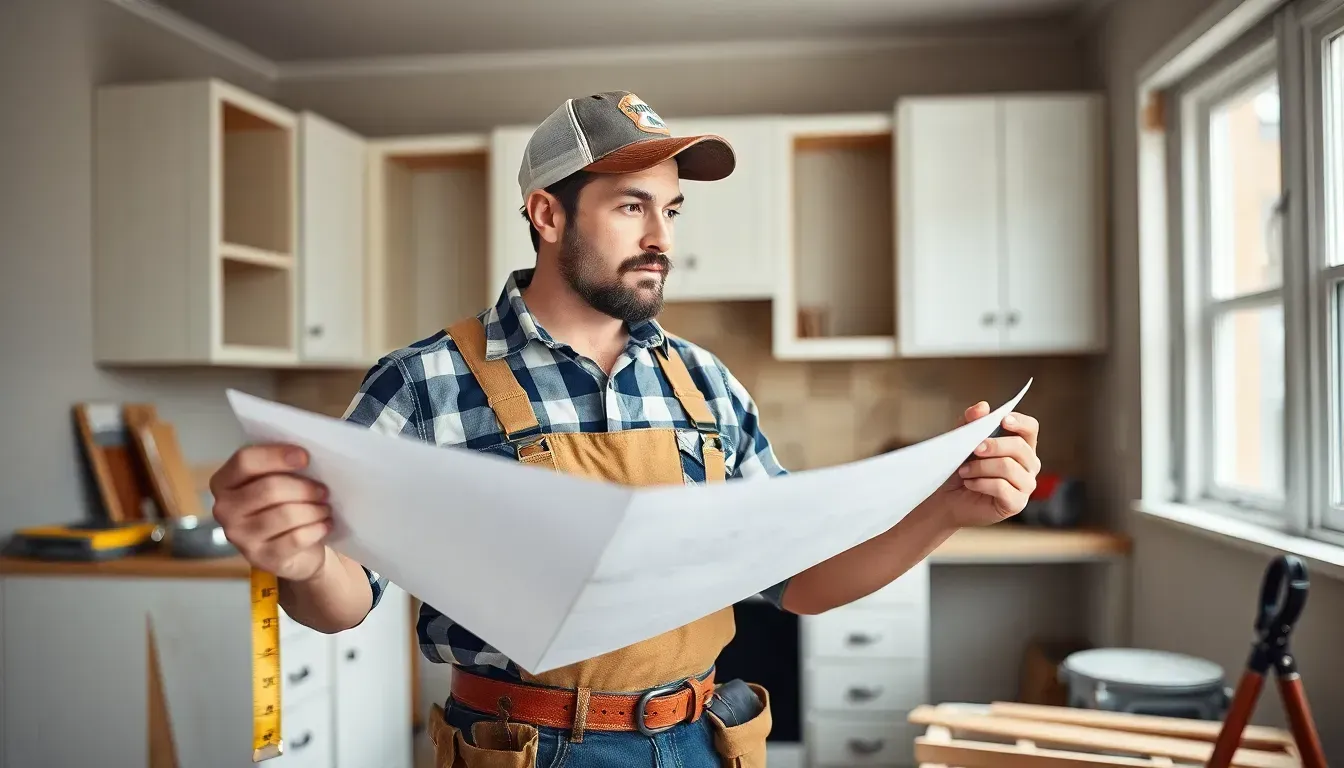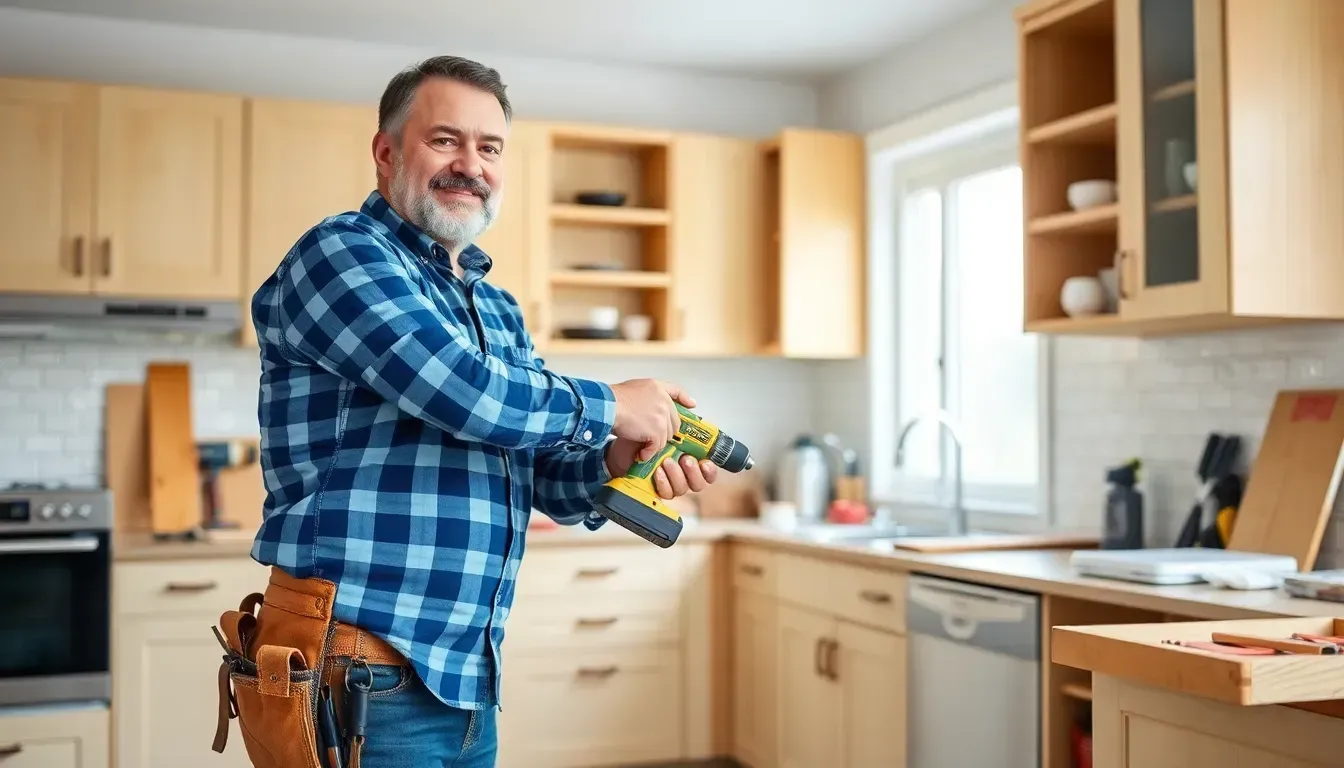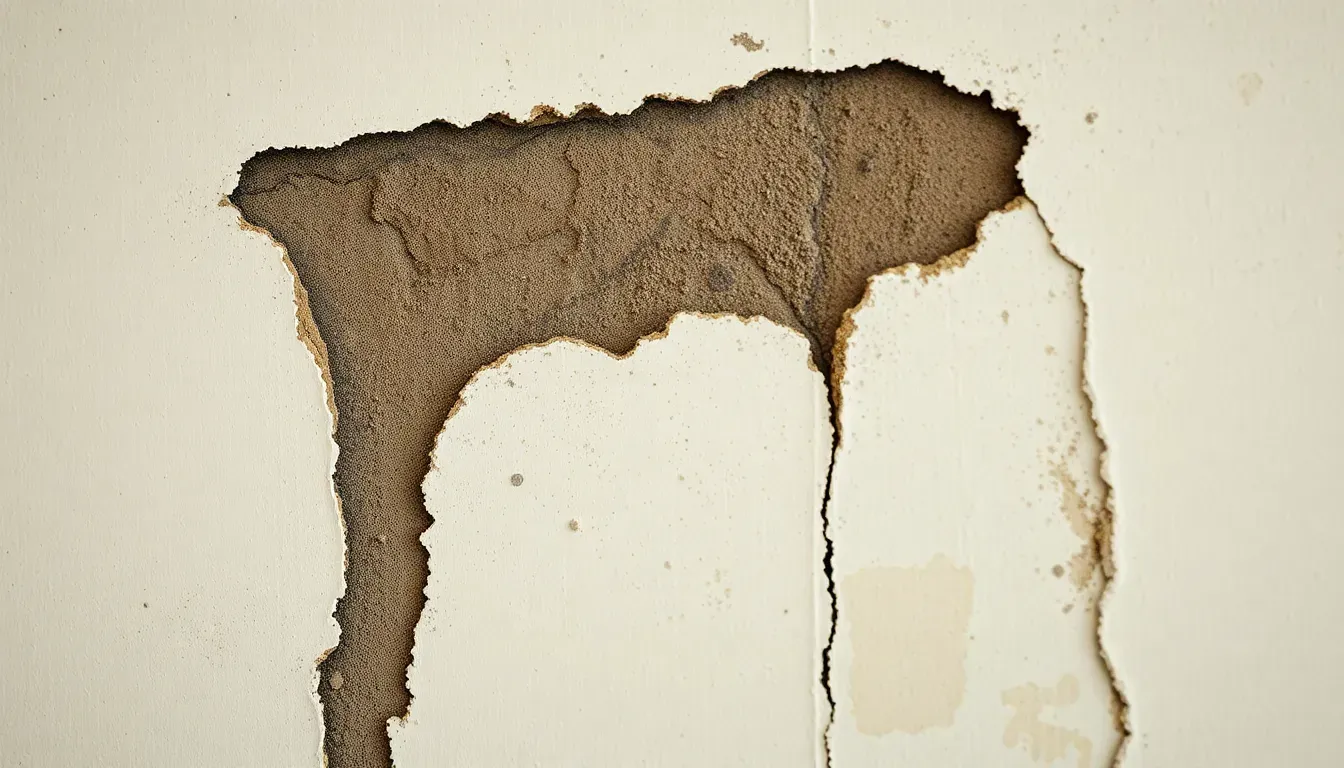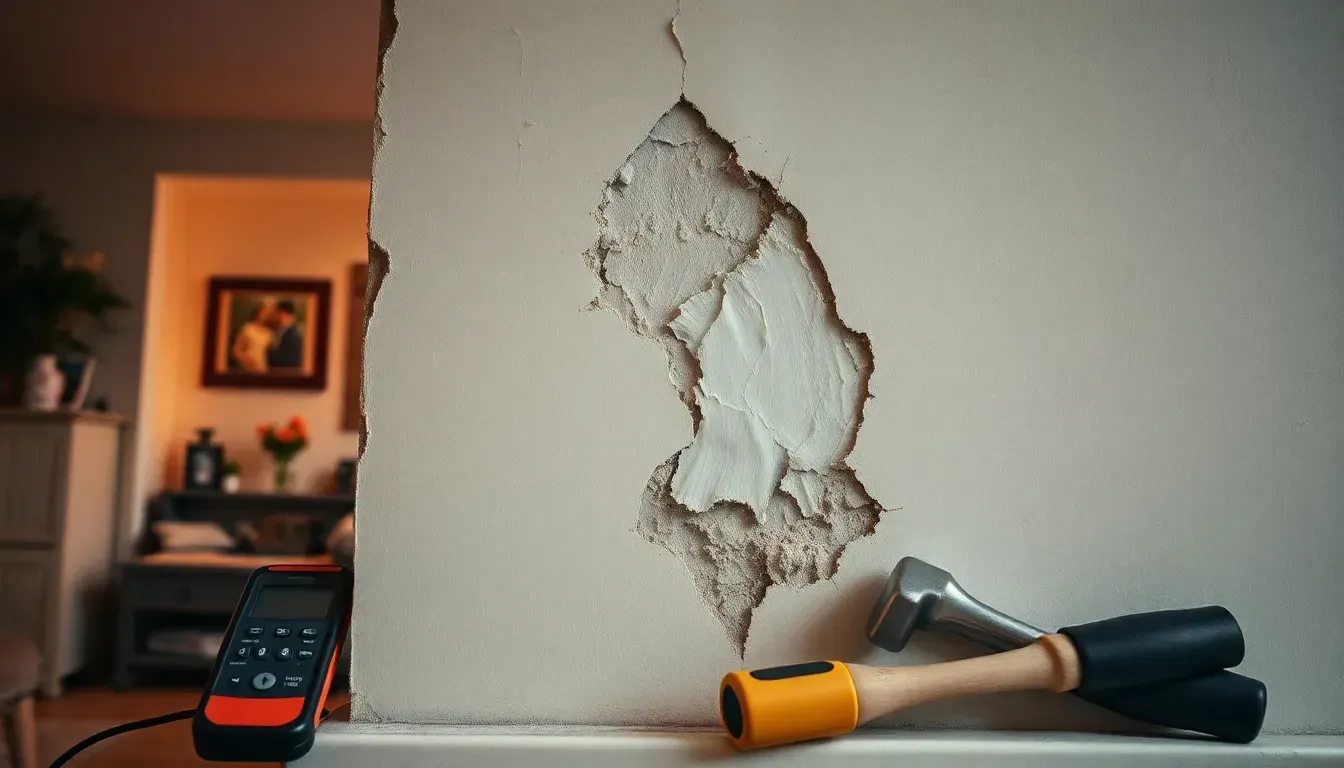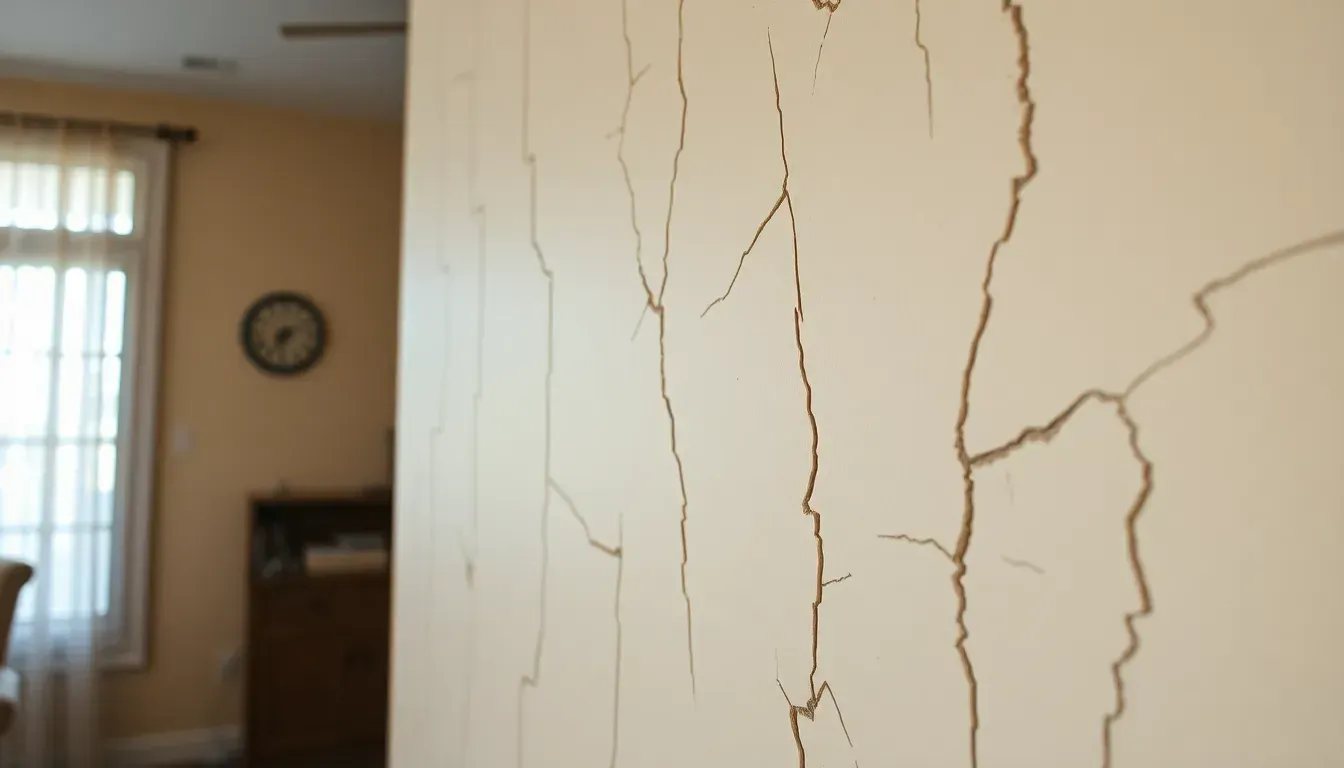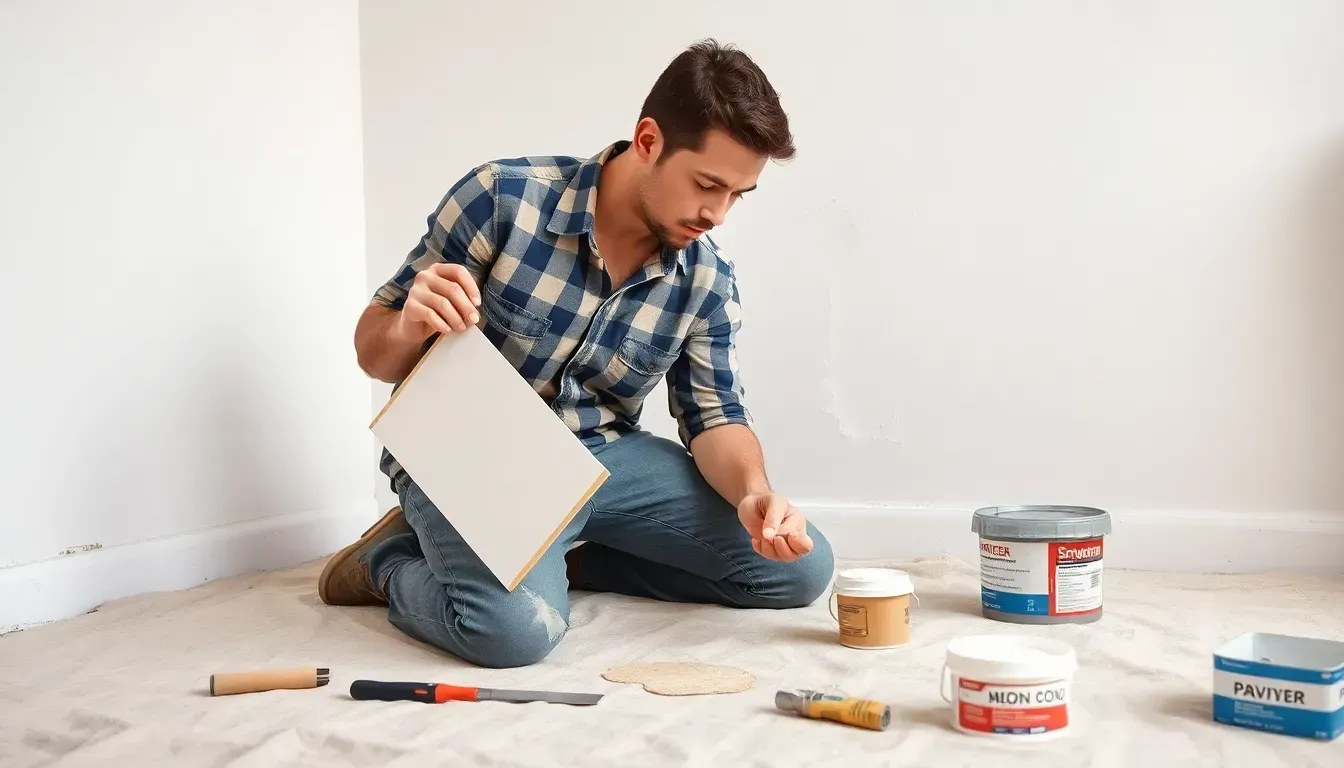Understanding Home Inspections: A Guide for Buyers and Sellers
The role of home inspections can’t be overstated, whether you're buying or selling a home. For buyers, it's about protection—understanding the true condition of a property before making what will likely be the largest financial investment of their life. For sellers, it's about preparation—ensuring the home is in top condition to prevent surprises during the sales process.
- Buyer Protection: A home inspection alerts buyers to potential issues that might not be obvious at first glance. Identifying necessary repairs or upgrades allows buyers to make informed decisions and negotiate terms.
- Seller Preparation: Identifying and addressing issues beforehand allows sellers to streamline the sales process and boost buyer confidence. It can even lead to selling homes faster and, possibly, at better prices.
Home inspections involve examining key structural elements, such as plumbing, HVAC, roof, and electrical systems, providing a comprehensive view of the property's health.
The Role of Home Inspections
When it comes to buying or selling a home, home inspections play a critical role in ensuring both safety and peace of mind. Think of them as a detailed health check-up for the property, revealing its true condition and identifying any defects that could impact its value or safety.
Safety Assessment
A primary function of a home inspection is to assess the safety of the property. Inspectors look for potential hazards like faulty wiring, which could lead to fires, or structural issues that might compromise the building's stability. For instance, a roof with missing shingles or a leaking pipe might seem minor but could lead to significant water damage and mold growth if left unchecked.
Example: Imagine buying a home only to find later that the electrical system is outdated and unsafe. This could not only be costly to fix but also dangerous. By identifying such issues early, home inspections help protect both current and future occupants.
Property Condition
Understanding the overall condition of the property is another essential aspect of a home inspection. Inspectors evaluate everything from the foundation to the roof, identifying signs of damage or maintenance issues. This thorough examination helps determine if the property is in good shape or if there are areas that need attention.
A well-maintained home can command a higher price in the market. Conversely, a property with numerous issues might require price adjustments or repairs before it can be sold.
Defect Identification
Defect identification is a crucial outcome of home inspections. Inspectors are trained to spot both minor and major defects that might not be visible to the untrained eye. Common defects include plumbing leaks, inefficient HVAC systems, and cracks in the foundation.
Identifying these defects early can save buyers from unexpected expenses and give sellers the opportunity to fix issues before listing the property. This proactive approach can prevent surprises during negotiations and help both parties feel more secure in the transaction.
In summary, home inspections serve as a safety net for buyers and sellers, providing a clear picture of the property's condition and highlighting areas that need attention. This process not only helps ensure the safety and integrity of the home but also aids in making informed decisions, leading to smoother transactions.
Next, we'll explore the key areas typically inspected during a home inspection and why they're important.
Key Areas Inspected
When it comes to home inspections, understanding the key areas that inspectors focus on can help both buyers and sellers know what to expect. Let's take a closer look at the crucial components that are typically inspected.
Basement and Attic
Inspectors pay close attention to both the basement and attic. These areas can reveal a lot about a home's structural integrity and potential issues.
- Basement: Inspectors look for signs of water intrusion, mold, and cracks in the foundation. These issues can indicate serious structural problems that may need immediate attention.
- Attic: An attic inspection includes checking for proper insulation, ventilation, and any signs of roof leaks. This helps ensure energy efficiency and prevents moisture-related problems.
Electrical System
A safe and efficient electrical system is vital. Inspectors examine the type of wiring, the condition of the electrical panel, and whether outlets and switches are functioning properly. Outdated wiring or faulty circuits can pose fire hazards and require urgent repairs.
Plumbing
Plumbing issues can lead to costly repairs if not addressed. Inspectors check for leaks, water pressure, and the condition of visible pipes. Identifying problems early, like corrosion or blockages, helps prevent water damage and mold growth.
HVAC System
The heating, ventilation, and air conditioning (HVAC) system is crucial for comfort and energy efficiency. Inspectors evaluate the age and condition of the system, checking for leaks or blockages. Proper maintenance of HVAC systems can lead to lower energy bills and a reduced carbon footprint.
Home Exterior
Inspecting the home's exterior is as important as the interior. Inspectors assess the condition of the siding, roof, and gutters. They look for signs of damage, such as loose shingles or rotting wood, which could lead to water intrusion or structural damage.
Understanding these key inspection areas helps buyers and sellers anticipate potential issues and make informed decisions. Next, we'll discuss what home inspectors typically don't cover and why it's important to know these limitations.
What Home Inspectors Don't Cover
While home inspections are thorough, there are certain areas that inspectors typically don't cover. Understanding these limitations can help buyers and sellers plan for additional evaluations if necessary.
Pools and Hot Tubs
Home inspectors generally do a quick visual check of pools and hot tubs but don't perform in-depth inspections. They might look for obvious issues like cracks or leaks, but for a detailed assessment, you'll need a specialist. This is important to ensure the pool’s safety features and equipment are functioning properly.
Solar Panels
Inspectors might note the presence of solar panels, but they often lack the specialized knowledge to assess their condition or efficiency. If your potential new home includes solar panels, consider hiring a solar energy expert to evaluate their installation and performance.
Fireplaces
Fireplaces are usually given a basic check, but a full inspection requires a chimney specialist. Inspectors might look for visible damage or blockages, but they won't dig into the chimney’s condition. A chimney sweep can ensure there are no hidden issues that could pose safety risks.
Foundation
While inspectors look for signs of foundation problems, they don't perform in-depth foundation inspections. They’ll check for cracks and settling, but a structural engineer is needed for a comprehensive evaluation. This is crucial if there are signs of significant structural issues.
Knowing what home inspectors don't cover allows you to plan for any extra inspections you might need. Next, we'll explore the importance of special inspections and what they entail.
Special Inspections and Their Importance
When it comes to home inspections, understanding the need for special inspections can be a game-changer. These inspections dig deeper into specific areas that a general home inspection might not cover. Let's explore some key special inspections and why they matter.
Chimney
A chimney inspection is crucial for safety. While a standard inspection might catch obvious issues, a chimney specialist will look for flue liners, blockages, and creosote buildup. These can pose fire hazards if left unchecked. Regular chimney inspections ensure proper ventilation and can prevent dangerous situations.
Septic System
Homes with septic systems require special attention. A septic inspection will assess the tank's condition, drainage field, and overall functionality. Ignoring this could lead to unpleasant and costly problems. A thorough inspection ensures the system is working efficiently, saving you from potential headaches.
Radon
Radon is a silent threat. This radioactive gas can accumulate in homes, especially those with basements. It’s the second leading cause of lung cancer, so testing for radon is essential. A radon inspection involves placing a test kit in the home to measure levels. If high levels are detected, mitigation is necessary to ensure safety.
Mold
Mold can cause serious health issues, including respiratory problems and allergies. A mold inspection involves visual assessments and air quality testing. Identifying mold early is crucial to avoid costly remediation and health risks. Ensuring a mold-free home protects both your health and investment.
Termites
Termites can silently destroy a home's structure. A pest inspection will identify any signs of infestation and assess the damage. Catching termite issues early can save significant repair costs and preserve the home's integrity.
Investing in these special inspections can uncover hidden problems that might otherwise go unnoticed. They provide peace of mind and ensure the property is safe and sound. Next, we'll tackle some frequently asked questions about home inspections.
Frequently Asked Questions about Home Inspections
What is the biggest red flag in a home inspection?
The biggest red flag during a home inspection often involves major defects that threaten the safety or structural integrity of the property. For instance, cracks in the foundation can significantly impact a home's value and safety. Issues like a failing roof, severe plumbing leaks, or outdated electrical systems also fall into this category. These problems aren't just costly to fix; they can pose serious risks to anyone living in the home.
What should buyers do during a home inspection?
Buyers play a crucial role during the inspection process. It's important to be present and actively participate. This is your chance to ask questions and learn more about the property. Don't hesitate to inquire about anything that seems concerning, such as a sagging roof or slow-flowing water. Asking questions like, 'Is this a significant issue or a minor one?' helps clarify the severity of any problems identified. Being engaged ensures you get the most value from the inspection and helps you make informed decisions.
What fixes are mandatory after a home inspection?
After a home inspection, not all repairs are mandatory. However, safety concerns often take precedence. Repairs related to safety issues, such as faulty wiring or gas leaks, are typically prioritized. Beyond safety, the decision to fix other defects is often negotiable between the buyer and seller. For example, buyers may request repairs for structural issues or negotiate a price reduction to cover future costs. Consulting with a real estate agent can help steer these negotiations, focusing on essential repairs that prevent delays or value drops.
Understanding these aspects of home inspections can help buyers and sellers manage expectations and make informed decisions. Next, we'll conclude with how Accurate Home and Commercial Services can provide peace of mind in your home buying journey.
Conclusion
The home buying process can be complex, but Accurate Home and Commercial Services simplifies it with expert guidance. With their comprehensive inspection services, they ensure that both buyers and sellers have the information they need to make informed decisions. Based in Conroe, TX, and serving the Greater Houston area, their team is known for attention to detail and extensive experience.
A reliable inspection service, such as Accurate Home and Commercial Services, ensures thorough evaluations and informed decisions. Their thorough inspections reveal the inner workings of a property, highlighting any potential issues before they become costly problems. This transparency allows buyers to enter homeownership with confidence, knowing exactly what they're investing in.
For sellers, having a detailed inspection report can streamline the selling process. It helps identify and address potential concerns before listing, making the property more attractive to potential buyers. Providing a clean bill of health for the home can also facilitate smoother negotiations and quicker sales.
In the end, whether you're buying or selling, a professional home inspection is a crucial step. It protects your investment and ensures the safety and satisfaction of all parties involved. Trust Accurate Home and Commercial Services to guide you through this process, offering expert insights and reliable service every step of the way.
